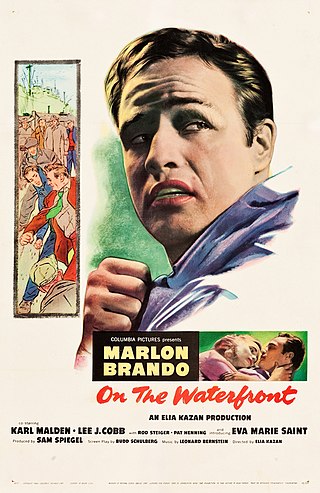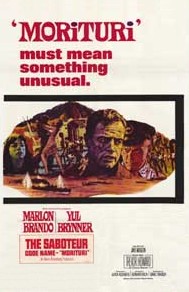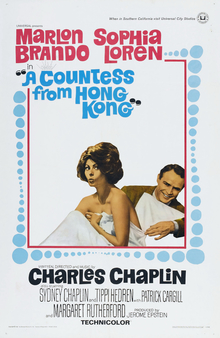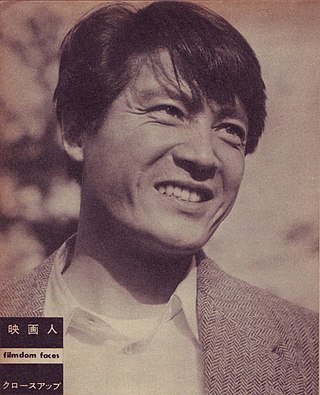Plot
American ambassador Harrison MacWhite travels to a Southeast Asian country beleaguered by rival factions, but MacWhite views the political situation only in the simplest terms: as a struggle between communism and democracy. By the time that the ambassador finally sees the resultant political upheaval as something far more complicated, it may be too late.
As Americans and Sarkhanese build the "Freedom Road" in Sarkhan, Communist saboteurs murder a U.S. truck driver, plunge his truck down an embankment, making it look as if he were drunk, and killing a worker, Johnny Sumpat. One of the saboteurs complains about Sumpat's death, and about American imperialism.
At a hearing to replace the former ambassador, Senator Brenner grills MacWhite about his qualifications, including his links to Deong, an old friend of MacWhite, and Sarkhan's most prominent revolutionary leader. Brenner reads an old article quoting Deong sounding hostile and anti-American; MacWhite says the quote is old and taken out of context, and that he believes Deong is a man of honor.
When MacWhite and his wife arrive in Sarkhan, a mob of rebels swarm the airport and attack his car, even crashing a wooden board through the window close to his wife. The furious MacWhite asks why his staff didn't warn him about the threat, and threatens to fire them if they fail again.
MacWhite encounters Homer and Emma Atkins, a benevolent American couple running charity operations in Sarkhan. Homer cautions him that the Freedom Road the Americans are helping build, is seen by many Sarkhanese as an imperialist project. However, MacWhite obdurately continues the road, and reroutes it to a more provocative location, close to the border with a Communist country.
MacWhite is pleased to reunite with Deong, even though he learns Deong's rebels were in the airport fracas - although a saboteur from the truck-crash incident hijacked Deong's non-violent plans and made the protest violent -, and takes his wife to meet Deong and his wife. However, the men later fight bitterly over politics, and MacWhite believes Deong is actually a Communist.
Deong then secretly visits Communist leaders - Soviet, Chinese, North Sarkhanese - in a forest, saying he'll consider their offers of arms and other aid. Eventually, Deong's followers sabotage the Freedom Road opening attended by Sarkhan's king and by MacWhite and his wife.
Some rebels threaten the Atkinses, but their Sarkhanese beneficiaries link hands and prevent the rebels from taking the Atkinses. The rebels retreat and move on.
The prime minister asks MacWhite for American military intervention, but MacWhite learns of a Communist plot to assassinate Deong after Deong has seized power. Too, the prime minister says Deong is not really a Communist. MacWhite delays calling the U.S. 7th Fleet for intervention, and visits Deong, telling him that the Communists have manipulated him, and that someone plans to kill him. MacWhite also suggests Deong form a coalition with the prime minister.
Shortly after Deong tells a top aide that Deong is in danger of assassination, that aide assassinates Deong. MacWhite hears Deong's dying words, that there should be a coalition between his forces and the prime minister.
MacWhite realizes he himself may have misjudged Deong, and been too simplistic and arrogant about his own beliefs, and not credited Deong for having the same drive for independence that America's own founders did. He discusses some of this during a television address, and is about to discuss what would be good American policy and appeal to every American, but an "average American" TV viewer turns off the address in mid-speech.
Critical reaction
The Ugly American received mixed reviews and was completely overwhelmed by a number of more popular films that year. [6] The film won no Golden Globes and was not nominated for an Oscar. It did poorly at the box office and was not among the year's top 25 grossing films of 1963. [7]
The New York Times reported that Brando “moves through the whole picture with authority and intelligence,” and the New York Daily News said it was “one of Brando’s best performances.” But the negative view was reflected by the critic in Time who wrote that Brando “attempts an important voice but most of the time he sounds like a small boy in a bathtub imitating Winston Churchill” and called it a “lousy picture.” [8]
Review aggregator Rotten Tomatoes reports that 80% of critics have given the film a positive review, with a rating average of 6.1/10. [9]
Of twenty-three reviews examined by historian Jon Cowans, fourteen were positive, five negative, and four neutral or mixed. Brando had given interviews where he questioned American Cold War politics, and some reviewers agreed, but few of these reviews mentioned that the film was set in a country very much like Vietnam. Only a few mentioned the point that, as The Dallas Morning News put it, one should “not assume that nationalism is inevitably anti-American,” and The New Republic was unusual in adding that “American blindness ... has driven many people particularly Asians, towards communism.” Some called Senator Brenner the real “ugly American” and objected to his McCarthyite tactics. The New York Post wrote that the film presented the dilemma that when Americans supported dictators, the Communists “make common revolutionary cause with the downtrodden.” Many East Coast reviews, however, objected to the film’s “oversimplification” of the issues. The Washington Post wrote it was “nothing more than a western about the bad guys and the good guys.” [8] TV Guide in a review says 'Although well-intentioned, THE UGLY AMERICAN simply isn't a very good film. Part of the problem is that producer-director George Englund, a friend of star Brando, isn't much of a director, and as a result the film is static and ponderous. Brando once again turns in an interesting performance, but as demonstrated in many of his films of this period, one good performance does not a good film make'. [10]














